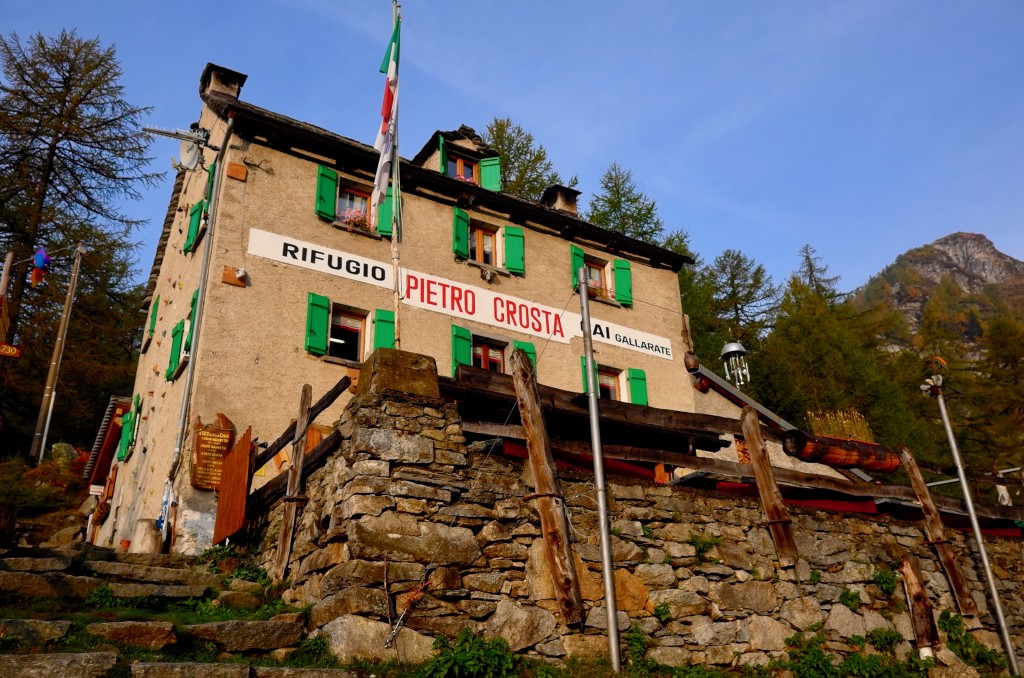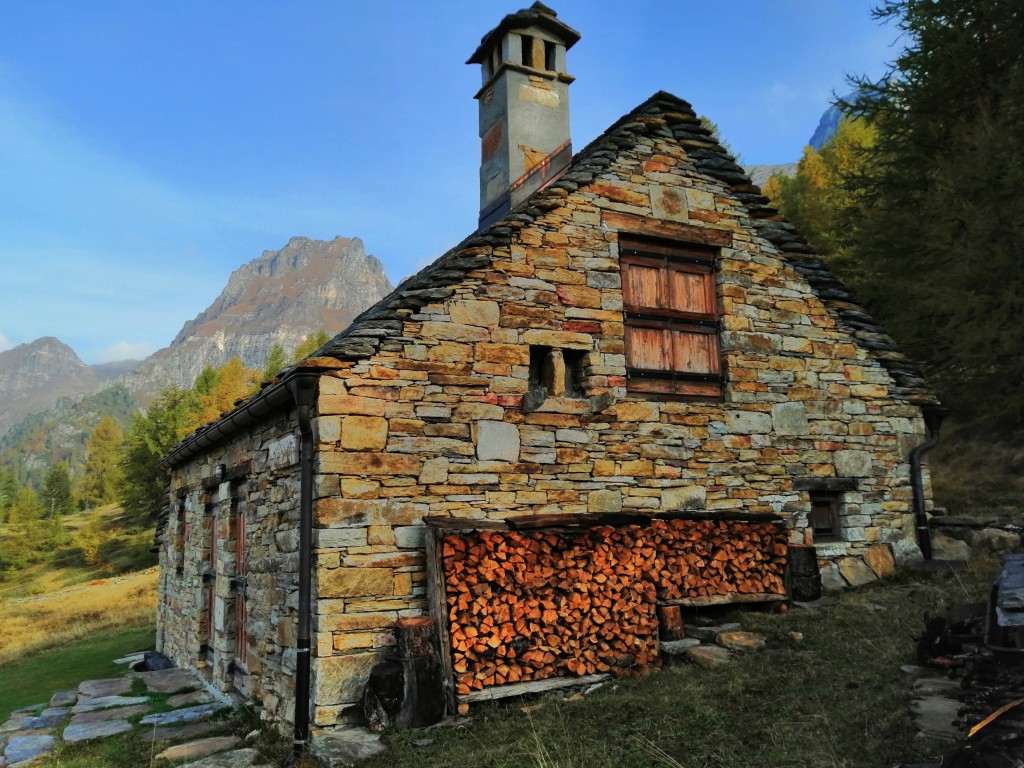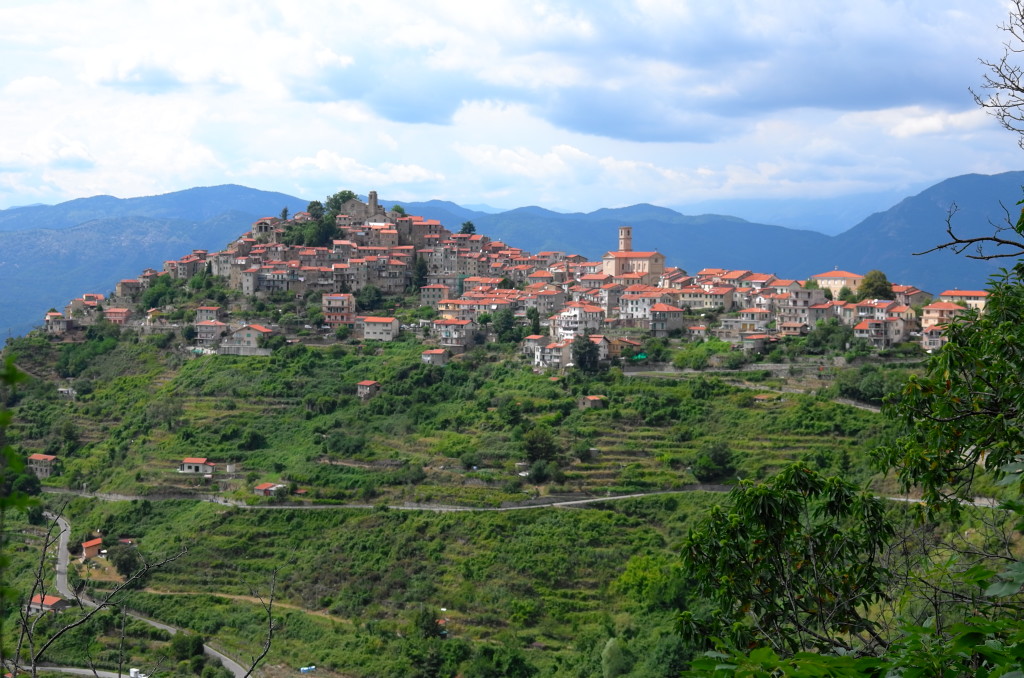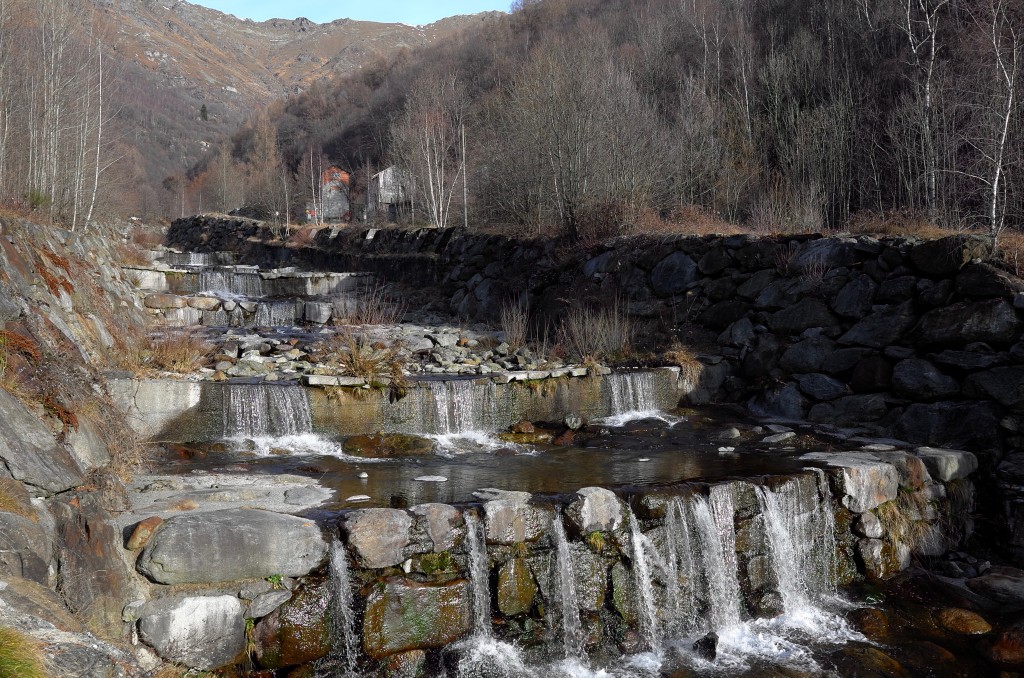Smart Visions. Prof. Riccardo Beltramo, how would you explain the concept of smartization?
There are two concepts that comes to my mind when I hear the word “smartization”. The first is a process to become more clever, wiser. Something that takes to a more intelligent way to behave, that is being effective with a better efficiency. The second is the acronym that is used to guide the development of measurable goals; they must be Specific, Measurable w/Measurement, Achievable, Relevant, Time-Oriented.
The smartization process is affecting many sectors. What is the ultimate goal of smartization?
In the broadest sense, the ultimate goal of smartization is the improvement of the quality of life within a customized system which works on the interactions among humans and their environment. This applies to all fields: from how to manage manufacturing activities, to formulate tourist proposals, to train students, to plan territorial transformations.
The Scatol8 experience seems to have to do with the processes you described. Is it so?
Scatol8 is linked to the theme of sustainability of development and in this sense, reflects the attention to a dynamic process aimed at improving the relationship between living beings and the environment. Over the course of a decade, we have accumulated experience in various fields: land management, manufacturing and tourism companies; environmental education; the creation of eco-compatible products, in a circular economy perspective. To start a process, data, evidences that express the relationship between an activity (or a set of activities or a product) and the environment is needed. If you have data, you can start planning smart goals and start improvement processes. The entire experience can be circumscribed in the field of smartization or it can flow into a wide-range smartization process.
What do you mean?
The monitoring networks that we have built and installed in the mountain huts, in the schools, in the agricultural and manufacturing enterprises, in open spaces have collected useful data for the improvement of the management, of the economic, environmental and social aspects. The data, processed and analyzed, made it possible to define objectives and introduce improvements in the daily management of individual activities. The cases we have faced have led to solutions that can be replicated to extend the positive effects of a broader process of smartization. Moreover, the customization that constitutes one of the founding principles of the Scatol8 guarantees that we can offer tailor-made solutions. From these findings the idea of a broad process of smarting that concerns alpine areas is born.
Are you talking about a new project? How do you intend to proceed?
For now we have identified a design path, stimulated by two ongoing experiences, which we identified with the initials SV2: Smart Visions ✕ Smart Villages. In order to pass from the development of this vision to the realization it is necessary to face many punctual verifications to select the sites where to carry out the experiments.
This vision will not result in an aggregation of remote sensing networks, but starts from a bottom up process, which will condition the activities of network design, processing, representation and use of data.
The overall management system will probably use technologies based on Artificial Neural Networks. We will have the opportunity to share the development of the project. For now we can anticipate that we have started a journey with the municipality of Valprato Soana and the Monterosaski area, identified subjects to consider the wide variety of situations that can be encountered in our Alps.




